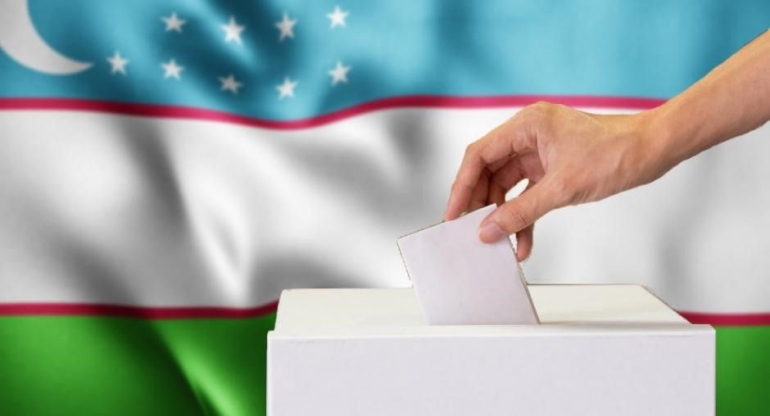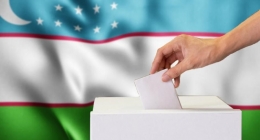The modern electoral system of New Uzbekistan is the result of many years of evolution and multilateral political dialogue. In general, the electoral legislation has undergone many adjustments aimed at improving the electoral process. Moreover, the introduction of each, even a minor change, is always preceded by thorough work, an analysis of the past election campaigns and the development of proposals on the improvement of legislation on its basis.
Thus, the electoral system has developed dynamically, over a number of years, and these changes were a logical continuation of the political and legal development of the country.
A group of deputies of the Legislative Chamber of the Oliy Majlis initiated the issue of amendments and additions to the Electoral Code aimed at further improving electoral legislation and electoral practice, bringing it in line with international standards and best practices in the field of truly democratic elections. This applies, in particular, to the following issues.
The first is the further distribution of powers and the strengthening of the principle of checks and balances between the constituent (the system of election commissions, headed by the Central Election Commission) and the judicial branches of government.
The amendments and additions made provide, first of all, to strengthen the independence and responsibility of precinct election commissions for their decisions, while increasing the role of courts in considering appeals and complaints of citizens, other participants in the electoral process on the actions of election commissions and their decisions.
Taking into account the recommendations of the OSCE / ODIHR, the Election Code stipulates that the CEC will not consider applications from voters and other participants in the electoral process on the actions of election commissions and their decisions.
This eliminates the dual system of filing complaints and appeals (to the CEC and the court), as well as the possibility of making conflicting decisions and decisions. These issues will be attributed only to the competence of the courts.
At the same time, the judicial protection of citizens' electoral rights is being significantly strengthened. Today, according to the Electoral Code:
* Any citizen can report to the precinct election commission about an error or inaccuracy in the voter lists. Within 24 hours, the precinct election commission is obliged to check the appeal and either eliminate the error or inaccuracy, or give the applicant a reasoned response to reject the appeal. In this case, the actions and decisions of the precinct election commission may be appealed to the court;
* decisions of election commissions can be appealed by bodies of political parties, their candidates, proxies, observers and voters in court;
* CEC decisions can be appealed to the Supreme Court of the Republic of Uzbekistan.







